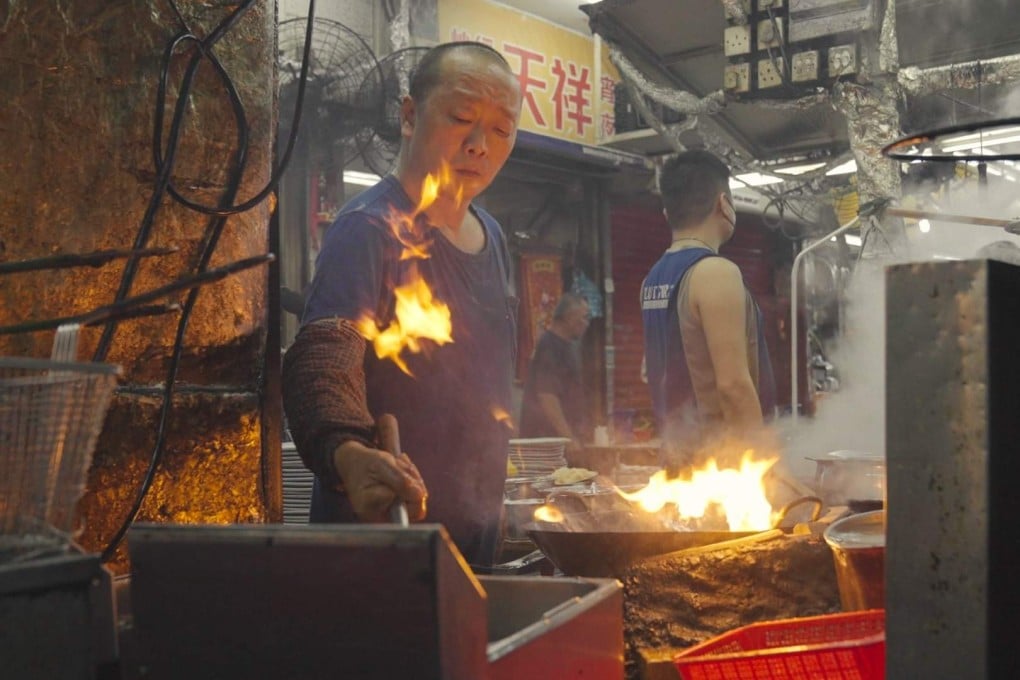Advertisement
Opinion | To boost nightlife tourism, why not promote Hong Kong’s dai pai dong?
- In a city that never sleeps, instead of looking to organise new nightlife attractions, it makes more sense to highlight the ones that already exist as recognisable parts of local culture
Reading Time:3 minutes
Why you can trust SCMP
8

On Sunday, Financial Secretary Paul Chan Mo-po announced the government’s intention to work with various sectors to boost Hong Kong’s nightlife, including organising night bazaars to increase spending.
While it is admirable of the government to try and keep the momentum of economic recovery going, Chan’s proposal has drawn questions about the profitability of new businesses and increased competition for already struggling restaurants.
The proposal’s biggest drawback is that it seems to have overlooked Hong Kong’s vibrant local culture and natural charm. Instead of a new night bazaar hosted by the government, why not look at what the city already has?
Hong Kong has long been famous as the city that never sleeps and Lan Kwai Fong is arguably its best-known nightlife representative. Before the pandemic, it was a heaving hotspot in the evening. People of both Eastern and Western cultures ended their workday in its bars, gathering to enjoy drinks, music and each other’s company.
It is a symbol of Hong Kong’s embrace of the liberal Western lifestyle even as the city kept its Chinese cultural roots.
Many locals, however, preferred evenings at the dai pai dong – open-air food stalls – and cooked food centres, having a hot meal and a cold beer with friends.
Advertisement
